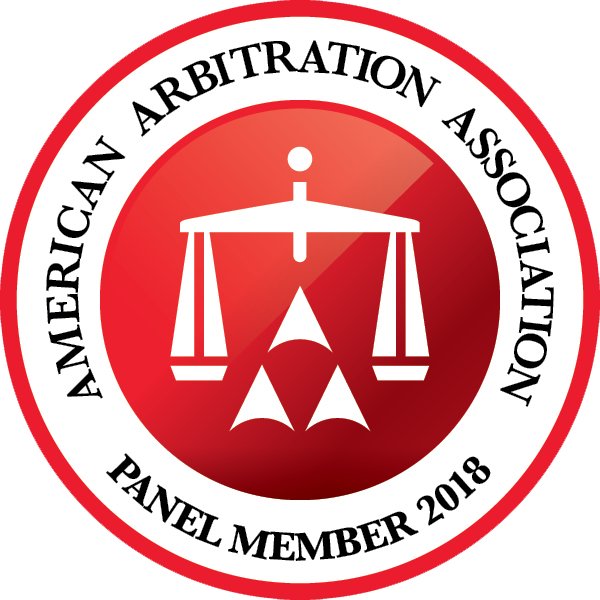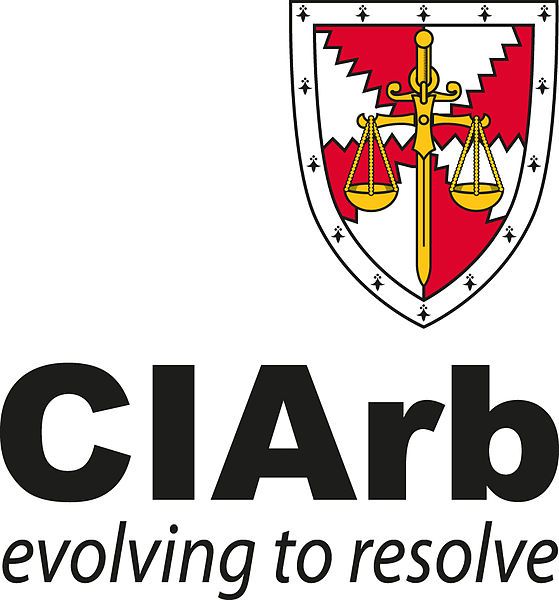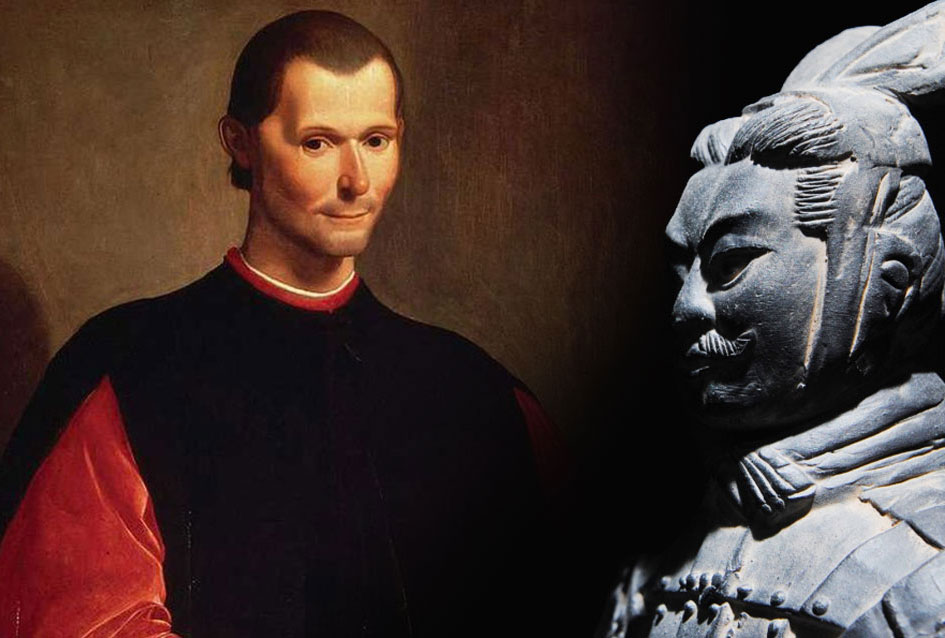On a warm summer afternoon in Century City, litigator David Halberstadter and mediator Greg Derin sat down over lunch. Their wide ranging conversation turned to a subject near and dear to both.
David Halberstadter: Why do some mediators spend what seems like an interminable amount of time on introductions and opening statements so that the parties do not get down to exchanging actual settlement proposals until the late afternoon? This drives many of my colleagues and me crazy!
Greg Derin: There are a number of great issues bundled into that question. Mediators have limited resources available to them to assist the parties in reaching a negotiated resolution. What resources we do have are very personal; they derive from our presence, our reputation, our character, our insight and analytical abilities, our powers of persuasion, our ability to help the parties discern the issues and separate the relevant from the irrelevant, and the manner in which we help people navigate the emotional minefields. Above all else, our ability to be effective rests on the trust that we can establish among the participants in the process.
It takes longer in some mediations than others to establish trust. Moreover, some parties literally enter a mediation feeling “unsafe.” Whether they allege that they were victimized by acts of discrimination or harassment or by commercial torts, it often takes time for parties to trust an unfamiliar person who enters a room proclaiming to be “impartial.” For some it may take 10 minutes, for others 10 hours. However long it takes, a mediator may not be able to extract meaningful commitments until the “process” has unfolded in a certain progression. That does not mean you need a mediator’s life history by way of introduction; I have sat through some openings in which I dozed off by the time the mediator’s biography got to the second Eisenhower administration. My whole opening, including a description of the process, takes about five minutes. But a party may not be ready to begin bargaining immediately.
DH: What about the opening statements?
GD: Every mediator has a different approach to opening statements and inferentially the whole notion of joint sessions. My personal view is that every mediation has its own DNA. I never follow a “standard” procedure, such as throwing everyone into a joint session to start the day. In many situations, that is a disaster. I generally prefer to begin with short separate caucuses, usually followed relatively early in the day by a joint session. It is just too great an opportunity to pass up. Joint sessions and opening statements are often productive and lead to the identification of the parties’ interests, establishment of an agenda for the day, and even an early start on the development of options for resolution of the dispute.
One other thought. Many attorneys are conditioned to believe that serious bargaining does not begin until later in the day, and they hang back based on that pattern. A good mediator will push the parties to move forward as soon as the facts are clear, their interests have been articulated, and options start to develop. When interviewing prospective mediators, ask them about their style. Those who tend to focus more on an older “distributive” model and less on a creative interest-based problem-solving approach may not be as focused on using the day to clarify the parties’ interests and search for creative solutions throughout the day.
DH: Well, part of the problem is that some mediators waste time telling war stories about themselves that the clients end up paying for. More often than not, these stories have no bearing on the pending dispute and don’t seem to serve any real purpose.
GD: I suppose the war stories may be a combination of trying to establish some credibility in the eyes of the parties and counsel and perhaps trying to put people at ease. The fact that you bring it up is proof that it generally does not work. War stories are helpful if they make a point germane to the situation, not if they are about the mediator. Of course, we tell stories to humanize ourselves and to make connections with the parties. And we tell stories about juries and cases that may be helpful in evaluating particular cases. But, I admit that I have been in mediations as counsel where a mediator has told war stories unrelated to anything, apparently trying to impress me or my client, and they just fell flat.
DH: Most of the litigators I have spoken with also hate the mediator-as-messenger syndrome. It is very annoying when a mediator acts as though he or she is merely a messenger from the other side instead of taking an active role in the process. Why do they do that?
GD: Mediators wear many hats during the course of a session: facilitator, negotiator, sounding board, evaluator, purveyor of information, bearer of bad news. In some of these roles, we are more proactive than in others. While it is not the mediator’s job to “sell” anyone’s proposal, I would agree that it is not helpful merely to be a carrier pigeon. For example, there are ways to communicate concepts constructively that create a zone of possible agreement and move the parties toward settlement before anyone commits and hardens their positions. The carrier pigeon is less likely to have positioned the parties for such alternatives. My guess is that you are finding fewer mediators who merely convey offers and await a return message. As mediation has matured as a profession, the level of skill of its practitioners has risen dramatically. There are times, though, when mediators are just messengers and perhaps do not want to be, and should not be, associated with the message.
DH: It can be very frustrating when a mediator does not seem to contribute any creativity to the process, leaving it to the parties to figure out how to close the settlement gap. Another common annoyance is the mediator who reflexively tells each side that they stand to lose big. In most instances, each side knows, even if they don’t admit it openly, that there are risks in taking the matter to trial. Most litigators I know wish that their mediator could make more effective use of this nearly ubiquitous strategy.
GD: Great issue! The “you know you can lose” card gets played in many mediations. And I agree that everyone expects to get hammered at some point by the mediator. How subtly and in what context this card is played depends on the skill of the mediator. And if mediators reflexively tell both sides that they are going to lose, even if they do not believe it, their credibility should rightly be suspect.
There are two questions your clients must ask before the mediation: 1) what are the true interests that each party seeks to have satisfied, and 2) what can your clients achieve in the pending litigation? If your clients can achieve a better result by a negotiated settlement than by winning at trial, they should design their negotiating strategy accordingly. The assessment of client risk of losing relates to whether they are better off with a negotiated resolution than by trying the case. A mediator does a disservice to all parties by simply huffing and puffing about the cost of litigation and the risk of losing. It is helpful at an appropriate point in the mediation to assist each party with a detailed evaluation of risks and with a real cost-benefit analysis; if your mediator is sufficiently sophisticated, that means doing a detailed decision tree analysis.
If you are telling me that your clients lose trust in a mediator who fails to engage them in an evaluation of the merits, you have circled back to the fundamental issue with which we began this discussion—Your mediator has now rendered himself or herself powerless to assist your client. It is for that reason that I try to defer being evaluative until as late in the process as possible. After we have worked on the facts and the interests of the parties, and have gone down the road to closing the gap on acceptable options, and if they have come to trust me and respect my judgment, I can become more evaluative if necessary to move the parties closer to one another. Mediators who try to be evaluative too early in the process will simply be ignored, seen as coercive, or viewed as biased for the other side.
DH: You know, this whole idea of the mediator’s ability to understand and discuss the merits is also a sore point. My colleagues and I spend a great deal of time preparing mediation briefs in advance so the mediator can be well informed of the key facts and issues and hit the ground running. It drives us crazy when the mediator seems unfamiliar with the issues in dispute and needs to be educated during the mediation.
GD: Good mediators do their homework, and counsel should insist on the attention that their cases deserve. If your mediator does not require a pre-mediation conference call, and you believe that such a conversation would be helpful, insist upon a call or meeting.
Briefs are enormously valuable. First, they focus the parties on the issues and evidence in anticipation of the mediation. They require that the parties and counsel take a fresh look at the controversy and really confront their strengths and weaknesses as they prepare for the session. I am hopeful that parties will also re-examine how their interests have evolved since the lawsuit began and what they hope to accomplish in the mediation. This should be a subject of their briefs and confidential statements.
DH: Briefs and confidential statements?
GD: I ask for both—briefs to be exchanged among the parties with a copy to me and a confidential statement to be submitted only to me. The briefs should include (i) a description of the factual and legal issues relevant to a disposition of the matter, including a detailed description of damage claims; (ii) the procedural posture of the dispute; (iii) the latest offers and demands exchanged by the parties; and (iv) any special requests regarding the mediation process.
The confidential statements should (i) identify what the parties perceive to be the barriers that they have encountered to settling the dispute in the past; (ii) list six ideas that the parties would propose for overcoming the obstacles to settlement; and (iii) set forth any facts or issues that the parties believe the mediator should know before attempting to settle the matter.
Although I thoroughly review all the material before the mediation, we inevitably cover some of this ground again in the session. Parties want to tell their story; they want to be heard. It is part of the trust building process—Your clients want to see that the mediator is attentive and concerned enough to “hear” them. I know you may hate to spend the time, but it is not wasted if your clients feel they have had their “day in court.”
DH: Much of this appears to have a rationale when you explain it, but it sure does not feel like it when you experience it.
GD: Your experience is real. You are a very experienced lawyer, and you know whether it is working when you are going through the process. You need to feel comfortable telling your mediator if you need him or her to try something different. A good mediator will sense how a process is unfolding and will be capable of adapting to the circumstances. No two mediations are alike, and a mediator should never follow a cookie-cutter routine. The lawyers and parties are unique human beings and deserve to have their needs and feelings addressed. If the mediator cannot connect with everyone, the case may settle, but it will likely settle in spite of the mediator, not through his or her efforts. You deserve better.
While we have some coffee, can we move on to my list regarding attorney advocacy in mediation? I have a few issues of my own—ways attorneys can make the process work more smoothly.
DH: Check, please!











